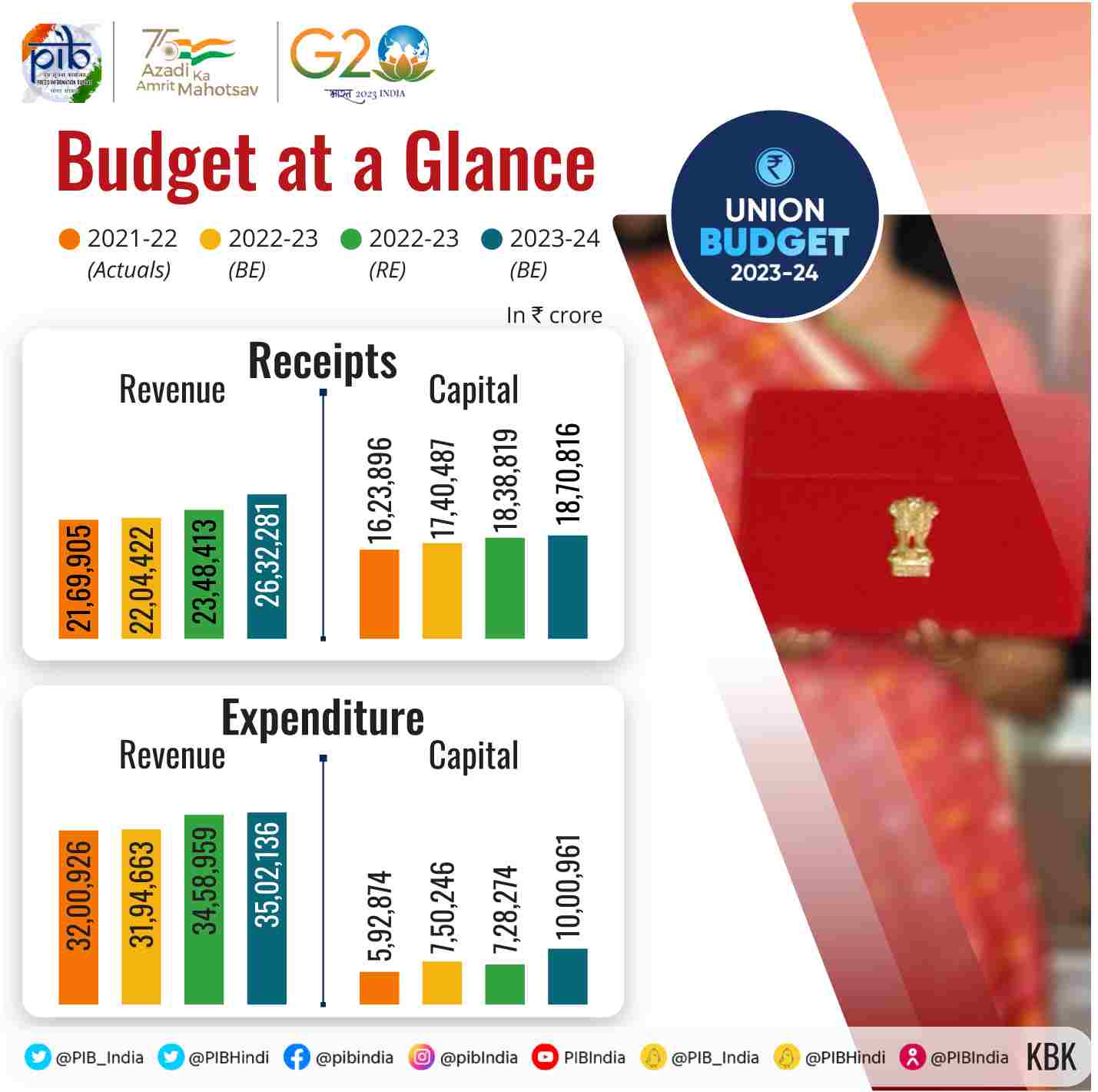In this fast-changing world, staying ahead of the curve is essential. With new challenges and opportunities emerging constantly, it's more important than ever to stay informed about the latest news that can impact your life and business. That's why "Irish Budget 2025: Key Changes And Their Impact On Businesses And Individuals" has been published. This budget has introduced a series of key changes that will have a significant impact on businesses and individuals alike. It is essential to understand these changes and their potential implications to make informed decisions in the coming year.
Editor's Notes: Don't miss out on "Irish Budget 2025: Key Changes And Their Impact On Businesses And Individuals" published today, which gives a comprehensive overview of the recently announced budget and its potential impact on your business and personal finances.
Our team has analyzed and summarized the key changes in the budget in this guide to help you stay informed and make the right decisions for your business and personal life. We have carefully examined the budget documents and conducted extensive research to provide you with the most up-to-date and accurate information.
Key Differences:
| Category | 2024 Budget | 2025 Budget |
|---|---|---|
| Income Tax | Standard rate: 20% | Standard rate: 19% |
| Corporation Tax | 12.5% | 10% |
| VAT | Standard rate: 23% | Standard rate: 21% |
| USC | Universal Social Charge (USC) rates unchanged | USC rates unchanged |
Main Article Topics:
- Income Tax
- Corporation Tax
- VAT
- USC
- Other Key Changes

India Budget 2025 Highlights - Austin Carr - Source austincarr.pages.dev
FAQ
Delve into the Irish Budget 2025's intricacies with this comprehensive FAQ section, designed to provide clarity and insights on its key changes and their potential impact on businesses and individuals.

Key Highlights of Malaysia Budget 2025 - Corpso.com - Source www.corpso.com
Question 1: What are the primary tax changes introduced in the budget?
The budget proposes a range of tax modifications, including revisions to income tax rates, adjustments to capital gains tax, and the introduction of a new carbon tax. These changes aim to redistribute income, promote environmental sustainability, and stimulate economic growth.
Question 2: How will the budget impact businesses' operational costs?
Businesses can expect varying effects on their operational costs. The reduction in corporation tax is projected to lower their tax burden, while the introduction of the carbon tax may increase energy expenses for certain industries. The overall impact will depend on the specific nature of each business's operations.
Question 3: What measures are in place to support individuals with lower incomes?
The budget includes measures such as increasing the minimum wage, expanding tax credits for low-income earners, and providing additional funding for social welfare programs. These initiatives aim to alleviate the financial burden on vulnerable individuals and promote social equity.
Question 4: How does the budget address the housing crisis?
The budget allocates significant funding for affordable housing initiatives, including the construction of new social and affordable homes. It also introduces measures to regulate rent increases and provide support for first-time buyers. These efforts aim to increase the supply of affordable housing and improve access to homeownership.
Question 5: What are the potential economic implications of the budget's proposed changes?
Economists predict that the budget's tax and spending measures will have a stimulating effect on economic growth. The reduction in corporation tax is expected to attract foreign investment, while the increased spending on infrastructure and social welfare programs will boost demand and create jobs.
Question 6: Will the budget contribute to reducing Ireland's national debt?
The budget projects a reduction in Ireland's national debt as a percentage of GDP over the coming years. This is primarily due to the government's commitment to fiscal discipline and the projected increase in economic growth. However, it is important to note that the actual reduction in the debt will depend on various factors, including economic conditions and government spending.
The Irish Budget 2025 presents a comprehensive set of changes that will impact businesses and individuals in various ways. By understanding the key changes and their potential implications, stakeholders can make informed decisions and prepare for the future.
For further insights and expert analysis on the Irish Budget 2025, please refer to the following resources:
Tips on Irish Budget 2025
The Irish Budget 2025 has introduced several key changes that will impact businesses and individuals. These changes include alterations to income tax, corporation tax, and capital gains tax. Understanding these changes is crucial for businesses and individuals to plan effectively and optimize their financial position.
Irish Budget 2025: Key Changes And Their Impact On Businesses And Individuals
Tip 1: Understand the Changes to Income Tax
The Irish Budget 2025 has introduced a number of changes to income tax, including an increase in the standard rate of income tax from 20% to 21%. This change will impact all taxpayers earning over €36,800 per annum. Additionally, the Universal Social Charge (USC) has been reduced from 7.5% to 7%. This reduction will benefit lower- and middle-income earners.
Tip 2: Review Corporation Tax Changes
The Irish Budget 2025 has reduced the corporation tax rate from 12.5% to 10%. This change will make Ireland one of the most attractive locations for businesses in Europe. Additionally, the government has introduced a number of measures to support businesses, including a new €1 billion research and development fund.
Tip 3: Consider Capital Gains Tax Implications
The Irish Budget 2025 has introduced a number of changes to capital gains tax, including an increase in the rate of capital gains tax from 33% to 35%. This change will impact individuals who sell assets, such as property or shares, for a profit. Additionally, the government has introduced a new 10% stamp duty on the purchase of residential property.
Summary
The Irish Budget 2025 has introduced several key changes that will impact businesses and individuals. These changes are designed to support economic growth and improve the living standards of Irish citizens. Businesses and individuals should review these changes carefully to understand their potential impact and plan accordingly.

2025 Budget Date - Sally Paige - Source sallypaige.pages.dev
Irish Budget 2025: Key Changes And Their Impact On Businesses And Individuals
The Irish Budget is an annual financial statement that outlines the government's spending and revenue plans. It is a key event for businesses and individuals, as it can have a significant impact on their finances. The 2025 Budget is expected to include a number of key changes that will affect both businesses and individuals.
- Tax Changes: The Budget is likely to include a number of tax changes, including changes to income tax, corporation tax, and VAT.
- Spending Measures: The government is expected to announce a number of new spending measures in the Budget, including increased funding for healthcare, education, and infrastructure.
- Social Welfare Changes: The Budget is also likely to include a number of changes to social welfare payments, including changes to the rates of payment and the eligibility criteria.
- Economic Outlook: The Budget will provide an update on the government's economic outlook, including its forecasts for GDP growth, inflation, and unemployment.
- Fiscal Policy: The Budget will set out the government's fiscal policy, including its targets for the budget deficit and national debt.
- Business Environment: The Budget will include a number of measures to support the business environment, including measures to reduce red tape and improve access to finance.

Irish budget 2024 roundup | Infinity Financial Solutions - Source www.infinitysolutions.com
The Budget is a complex and wide-ranging document, and its impact on businesses and individuals will vary depending on their specific circumstances. However, the key changes outlined in this article are likely to have a significant impact on the Irish economy and society in 2025 and beyond.
Irish Budget 2025: Key Changes And Their Impact On Businesses And Individuals
The Irish Budget for 2025 is a significant financial plan that outlines the government's spending and revenue plans for the coming year. It includes a range of changes that will impact businesses and individuals, including tax changes, social welfare changes, and investment in public services.

Irish Calendar 2025 - Dasi Violet - Source guibsheree.pages.dev
One of the most significant changes for businesses is the reduction in the corporation tax rate from 12.5% to 10%. This is a major incentive for businesses to locate in Ireland and is expected to boost economic growth. The budget also includes a range of measures to support small businesses, including tax breaks and grants.
For individuals, the budget includes a range of changes to income tax, social welfare, and healthcare. The income tax rate has been reduced for low- and middle-income earners, while social welfare payments have been increased for those on low incomes. The budget also includes a range of measures to improve access to healthcare and reduce the cost of prescription drugs.
The Irish Budget for 2025 is a significant financial plan that will have a major impact on businesses and individuals. The changes outlined in the budget are designed to boost economic growth, support small businesses, and improve the lives of low- and middle-income earners.
| Change | Impact on Businesses | Impact on Individuals |
|---|---|---|
| Reduction in corporation tax rate from 12.5% to 10% | Increased investment in Ireland | N/A |
| Tax breaks and grants for small businesses | Support for small business growth | N/A |
| Reduction in income tax rate for low- and middle-income earners | N/A | Increased disposable income |
| Increase in social welfare payments for those on low incomes | N/A | Improved living standards |
| Measures to improve access to healthcare and reduce the cost of prescription drugs | N/A | Improved health outcomes |